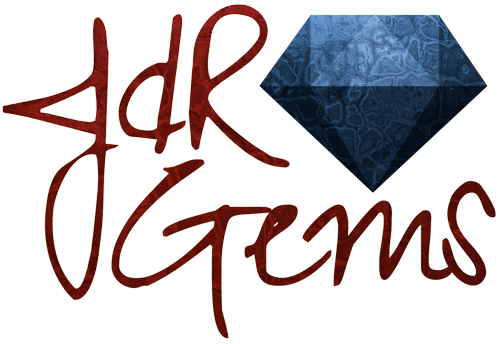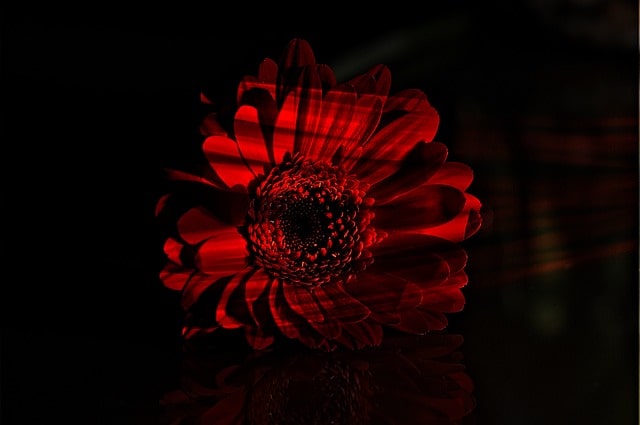Q: John, I find I can get really quite angry in social interactions where I feel unfairly treated. It happened recently that I wanted to speak with someone who refused because I was getting angrier. There’s a point at which I close off. I’m wondering whether there’s something I’m missing, or if it’s okay to get angry with others sometimes?
John: For you to be angry in a situation like that exposes that you lack depth in your reasonableness. You’re well acquainted with and value reasonableness, but if you’re pushed to a certain point, you give it up. There’s a limit to your reasonableness.
Q: Do you have another word for reasonableness?
John: Heartfully rational. You’ll be heartfully rational until you’re pushed too far, but being pushed too far is a line you’ve created in your self and beyond that line you don’t go deeper. In that, you give importance to your self that doesn’t belong to your self. That importance puts how you see your self out of balance and enables you to be provoked.
Q: So next time I’m in a situation like this, what helps me to get over this line?
John: Be profoundly honest the moment you feel the first twinges of reaction. The reaction begins with a micro-tightening and hardening in your heart. If you don’t catch it there, it’s going to grow. It’s going to develop until your whole self moves into distortion and the distortion shows you what you’re being in the self.
The reaction is a misplacement of importance, attributing importance to your self when that importance all belongs to what you know. If you give that importance to your self, then in a situation like the one you described, you’ll be right instead of open, right instead of responsive, and that rightness has no deep meaning. The rightness is all about how you see your self, so it’s a self-oriented rightness.
If you’re really open to meaning, it doesn’t matter how right you are about something. When you become reactive like that, you’re wrong.
Q: Wrong because I’m closing?
John: Yes. If you have to close and harden your heart for you to achieve something, even for you to achieve something that you perceive is right, you’ve abandoned a depth of meaning in you to achieve a superficial level of meaning.
If you become angry, be open to see how you have misplaced meaning. You can, for example, see the humour of that in your self instead of being caught in the reaction of it. You can take the situation that you’ve described, and you can put it on television. A situation like that would work very well in a sitcom. As soon as you’re angry, depth of meaning is dropped.
Initially, as you’re developing in your self and your person, anger invites you to integrate your experience of your power, and what it is for you to be in balance with the use of your power.
If you become stuck at a line that’s in your self, solidifying that line each time it’s provoked, you won’t be learning from your own anger. But as long as you’re slowly learning in some way, it’s all fine.
Q: I often catch it too late and wish I’d done it differently, but I realize that I do know when this is building up and the learning opportunity that is here.
John: Yes, catch it before it even has a chance to heat up in your self. When it has come to the heating point, you’ve already deluded your self. You’ve given undue attention to something you know doesn’t matter very much.
Q: Yes, I can see now that the moment I think I’m right is also the moment I’m deluding myself.
John: If negative emotion comes into relationship with you being right about something, that’s an ego. You’ve lost perspective. That means you’re giving your power to something that doesn’t matter, a level of self-importance that has no real value. All of the energy and power that makes the ego belongs to what you honestly know in your heart.
When you’re angry, there’s a fire out of control in you regardless of the rightness of your position as you see it. As soon as you see that, you need to pull the fire alarm. When you pull the fire alarm, everything that’s taking place in you ends, and everyone in you has to leave the building. When the fire’s gone, then everyone in you can come back into the building.
When you come back in, you’ll have perspective.










